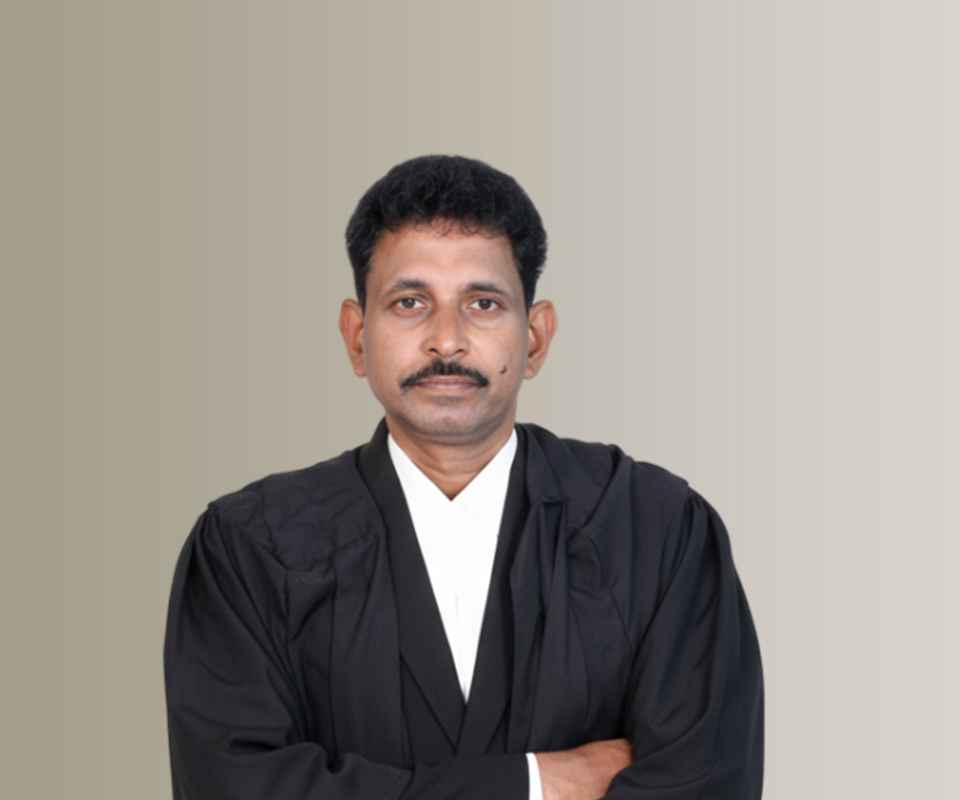The use of public property for religious or spiritual purposes is subject to various legal and constitutional considerations, including principles of religious freedom, separation of church and state, and public access. In many countries, including India, public property may be used for religious or spiritual purposes under certain conditions, provided that such use does not violate constitutional or legal principles, discriminate against individuals or groups, or infringe upon the rights of others. Here are some key points to consider:
Freedom of Religion: Constitutional provisions and laws protecting freedom of religion typically allow individuals and religious groups to practice their faith and conduct religious activities, including worship, ceremonies, and rituals, in public spaces and on public property. Governments are generally prohibited from favoring or endorsing one religion over others or restricting religious practices without a compelling reason.
Public Access and Non-Discrimination: Public property must be made available for use by individuals and groups of all religions and beliefs on an equal basis, without discrimination or preference based on religion. Governments are required to ensure that public property remains open and accessible to all members of the public, regardless of their religious affiliation or beliefs.
Permissible Uses: Public property may be used for a variety of religious or spiritual purposes, including religious ceremonies, festivals, processions, prayer gatherings, meditation sessions, and other religious activities. However, such uses must comply with applicable laws, regulations, and permit requirements, and must not interfere with the rights of others or disrupt public order or safety.
Secular Purpose Test: In some legal systems, including in India, government actions or decisions regarding the use of public property for religious purposes may be subject to a secular purpose test. This means that the primary purpose of allowing religious use of public property must be secular in nature, such as promoting cultural diversity, community engagement, or public welfare, rather than advancing or favoring a particular religion.
Limits on Government Endorsement: Governments must avoid any appearance of endorsing or promoting religion through their actions or decisions regarding the use of public property. While public property may be made available for religious or spiritual purposes, governments must ensure that such use does not convey an official endorsement of religion or create the perception of government favoritism toward a particular faith.
Public Safety and Order: Governments may impose reasonable restrictions on the use of public property for religious purposes to protect public safety, maintain order, and prevent disruptions or conflicts. Such restrictions may include requirements for obtaining permits, complying with noise regulations, ensuring crowd control measures, and coordinating with law enforcement authorities.
Overall, the use of public property for religious or spiritual purposes is subject to legal and constitutional constraints aimed at upholding religious freedom, ensuring public access and non-discrimination, maintaining secularism, and preserving public order and safety. Governments must strike a balance between respecting religious rights and ensuring compliance with legal principles and obligations to uphold the rights of all individuals and groups in society.
Answer By Anik
Dear client,
Public Property is a state property which means all the public property belongs to the Government, and our Constitution clearly defines that India is a secular country which means there is no official state religion of India, but Constitution also provides power of Freedom of Religion which is a Fundamental right, and Government are not supposed to exploit any religious activities, and all the religion are respected and treated equally, hence state provides and gives equal and just opportunities to every religion and they are allowed to promote and govern their religious matters without harming the other religion and by peaceful means.
Now coming to the question of can a government property or a property belonging to state that is called as Public Property is allowed for any religious or spiritual purposes, the answer is yes but there are certain terms and conditions and rules and regulations which needs to be followed and respected, they are as follows-
A prior order and approval of such religious or spiritual events must be given to the authority that is the government, and a detail of that event and the purpose of such program must be submitted and after approval they can use public property for any religious purpose.
Such religious or spiritual events should be secular in nature which means they should not spread hate against any particular religion or should not send any messages which can destroy peace and harmony in the society.
Only permissible area should be used and under the watchdog of government authority since it’s a public place, and they should not cause any disturbance or trouble to the public in any manner and should cooperate with the government.
To, conclude Yes, a public property can be used for any religious or spiritual purposes but a prior government approval is required and various terms and conditions needs to be satisfied and respected.
I hope this answer helps.
Dear client,
Public property belongs to the government, which means it belongs to every general public that is citizens. Constitution of India clearly defines the India is secular country, which means there is no official state religion in India and all the religion are respected and treated with respect and equally. It also grants freedom of religion as a fundamental right, ensuring that all religions are respected and treated equally in the country. The government is not allowed to interfere with religious matters, and each religion is free to manage its own affairs peacefully, without disturbing or harming the interest of other religion.
Now coming to the main question of can government property (public property) be used for religious or spiritual purposes in India?
So, the Answer is Yes, public property can be used for religious or spiritual purpose but a prior approval from the Government is required and certain conditions needs to be respected, such as:
1. Before using public property for any religious event, the government must give its approval. And a detail report about the event, and its purpose, must be defined.
2. The following religious event must not promote hate or cause tension between different religions. It should be peaceful and contribute to social harmony, and promote secular idea.
3. Religious events can only be held in permitted areas where they are allowed, and the government must look after them to ensure everything goes well. The event should not disturb the public or cause any inconvenience to the general public.
To conclude Yes, a public property can be used for religious or spiritual purposes, but it must follow certain conditions and prior approval from the government is required, and the conduct of the event must be peaceful, respectful.
I hope this answer helps.









